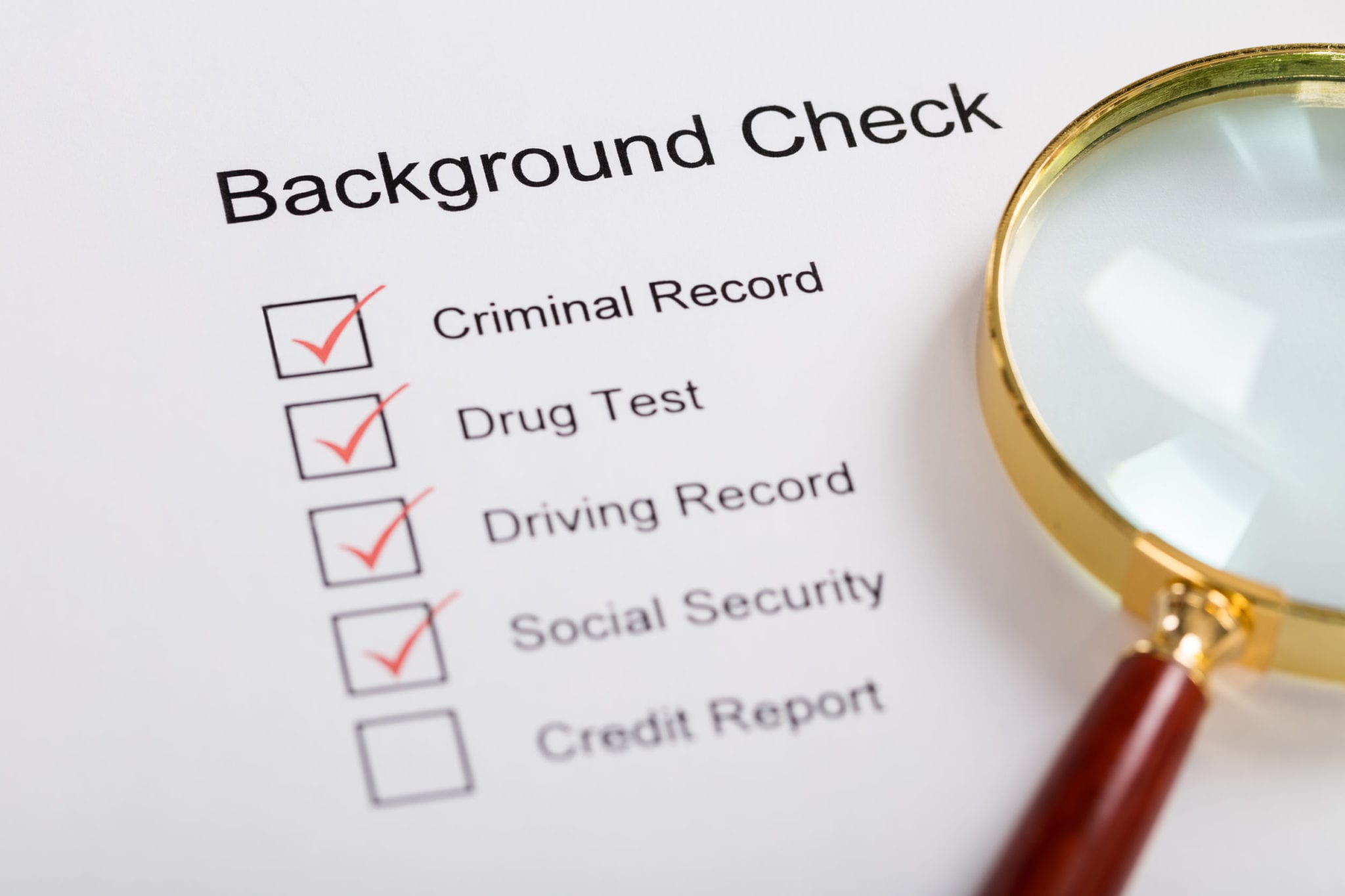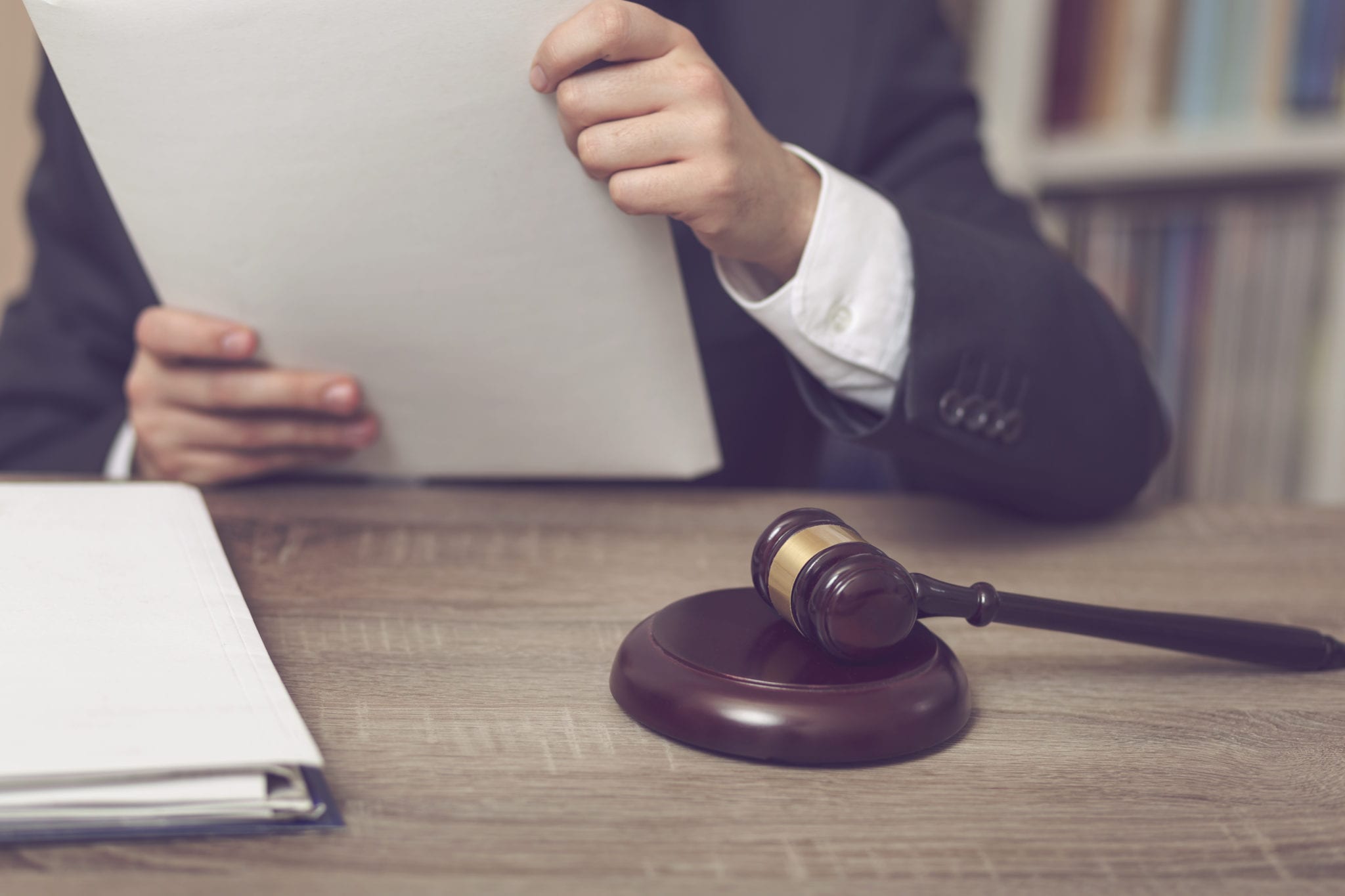
Are you curious about what is on your public records?
You can perform a background check on yourself with easy steps we’ll list in this post. If a criminal record shows up, we’ll tell you what to do to see if you’re eligible for expungement.
Much of your personal information is listed online, and accessing it is free in many cases. You can do your own research first before applying for a job, which can ease your mind. If mistakes have been made, or if information is outdated, you can request changes to set the records straight.
Here are some recommended websites for do-it-yourself background checks. Note that some require fees and some are free for your use.
BeenVerified.com
This tool is known to be accurate for tracking where a person has lived along with their relatives. You can use the app to find more information than what is available when searching on a desktop computer. The app will show your address, phone number, and email address free once per month.
Credit Karma or Credit Sesame
These free credit reporting services will give you information about your credit.
NSOPW
Sex offender data is available through this site provided by the National Sexual Offender Public Registry. It lists information for sex offenders throughout the United States.
PeekYou.com
Plug your name into the search and this tool will pull data from social media and other public records. You will need to pay for a full report.
TruthFinder.com
This site helps you avoid the hassle and wait of going to the courthouse and pulling public records yourself. It will show background information, including some information from criminal records. This tool also provides email addresses, address history, crime statistics for certain areas, and nearby sex offenders.
Getting Your Records Expunged
Criminal records cannot normally be accessed online unless you are willing to pay a fee. It’s well worth it, though, if you find a record that is eligible for expungement.
The Minnesota Bureau of Criminal Apprehension (BCA) retains criminal records from the courts, police, prosecutors, and agencies. Your records may or may not be sealed – even if you get a partial expungement.
Full expungement is when the court orders that both court records and BCA records sealed. Under state law, these situations allow for full expungement:
- Case was dismissed or you were found not guilty
- Offenses by juveniles who were tried in adult courts
- Certain first time drug possession offenses
- Misdemeanor crimes
- Specific felony crimes
The conditions for full expungement depend on the type of crime, the amount of time between the expungement request and the conviction, and any prior convictions. You must not have been convicted for any new crimes for at least one year and up to five years prior to requesting expungement, depending on your original sentencing.
Partial expungement may be granted if you do not meet the criteria. This means your public records will be sealed, but the court records will not. It is worth noting that if you are a registered sex offender, expungement is prohibited.

To learn if you qualify for expungement, check with a knowledgeable Minnesota defense attorney. We will not only be able to tell you if your case fits the criteria, we can also make the official request on your behalf to streamline the process. Call today for a free case review.
About the Author:
Christopher Keyser is a Minneapolis-based criminal and DWI defense attorney known for fighting aggressively for his clients and utilizing innovative tactics to get the most positive results. He has been featured in numerous media outlets due to the breadth and depth of his knowledge, and recognized as a Minnesota Super Lawyers Rising Star (2014–2015), a Top 100 Trial Lawyer (2013–2015), and a Top 40 Under 40 Attorney (2013–2015).





